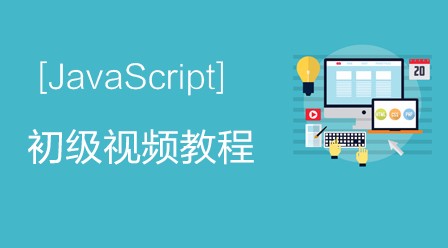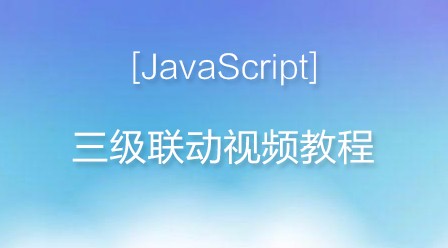介绍JAVA窗体程序调用图片、音频、字体三种静态资源的代码。使用这种方法调用静态资源,可以直接把静态资源打包到JAR包里。
在音频调用中,可能会由于Eclipse的原因报错,解决办法参见有关import sun.audio.AudioPlayer(或者其它文件)的问题
Demo
这是我封装的一个修改JFrame外观的类,在里面使用的就是接下来贴的方法。
函数定义
在一个类中(继承自JFrame的一个类)定义一下方法,很遗憾不能设置成静态方法跨类调用。
/**
* 根据相对路径加载图片
* @param path: 图片的相对路径
* @return: 获取到的图片对象
*/public Image getImagePath(String path) {
Image image=null;
InputStream is = (InputStream) this.getClass().getClassLoader().getResourceAsStream(path); try {
image=ImageIO.read(is);
} catch (IOException e) {
e.printStackTrace();
} return image;
}
/**
* 根据相对路径加载音频
* @param path: 音频文件的相对路径
* @return: 获取到的音频对象
*/public AudioStream getAudioPath(String resource){
InputStream is = (InputStream) this.getClass().getClassLoader().getResourceAsStream(resource);
AudioStream as = null; try {
as = new AudioStream(is);
} catch (IOException e) {
e.printStackTrace();
} return as;
}
/**
* 根据相对路径加载字体
* @param path: 字体文件的相对路径
* @return: 获取到的字体对象
*/public Font getDefinedFont(String path) {
if (definedFont == null) {
InputStream is = null;
BufferedInputStream bis = null;
try {
is = (InputStream) this.getClass().getClassLoader().getResourceAsStream(path); bis = new BufferedInputStream(is);
definedFont = Font.createFont(Font.TRUETYPE_FONT, bis);
definedFont = definedFont.deriveFont(25f);
definedFont = definedFont.deriveFont(Font.BOLD);
} catch (FontFormatException e) {
e.printStackTrace();
} catch (IOException e) {
e.printStackTrace();
} finally {
try {
if (null != bis) {
bis.close();
}
if (null != is) {
is.close();
}
} catch (IOException e) {
e.printStackTrace();
}
}
}
return definedFont;
}调用方法
/*图片*/logo = getImagePath("resource/image/logo.png");
logoIcon = new ImageIcon(logo);
logoLabel = new JLabel(logoIcon);
/*字体*/titel = new JLabel(name);
titel.setFont(getDefinedFont("resource/font/叶根友毛笔特色简体.ttf"));
/*音乐*/backMusic = getAudioPath("resource/music/竹苑情歌.au");
AudioPlayer.player.start(backMusic); /*播放背景音乐*/关于txt
如果仅仅是读取的话,可以考虑用上述方法打入到JAR包中,但是如果涉及到修改TXT文件的内容,就不能再打入到JAR里了,那么操作的方法就是,在源码中需要操作文件的地方直接写文件名,没有路径,然后把文件保存在JAR文件的同一目录下,就可以实现文件的操作了。当然,其它资源文件也可以用这种方法访问,但是在一些具体的情况下,还是将资源文件打入到JAR包会比较方便。


















